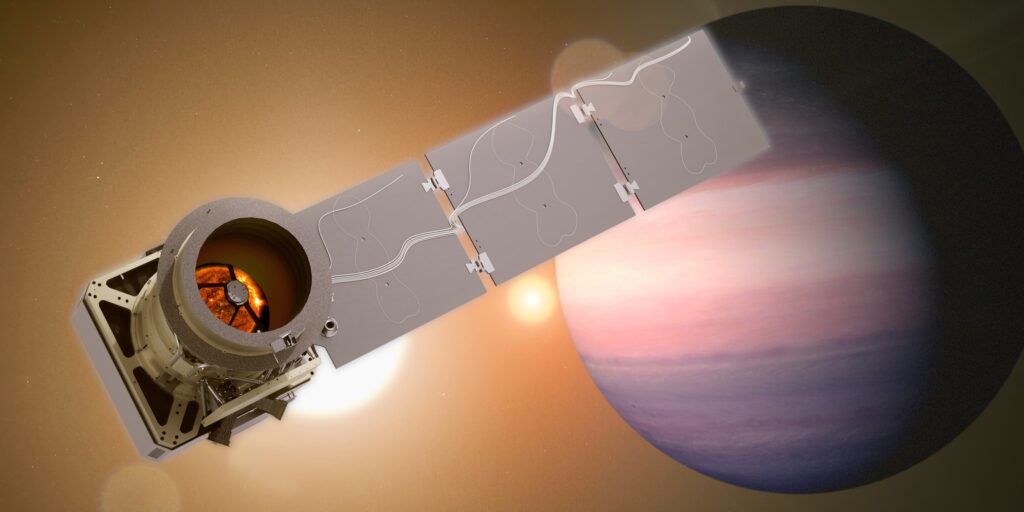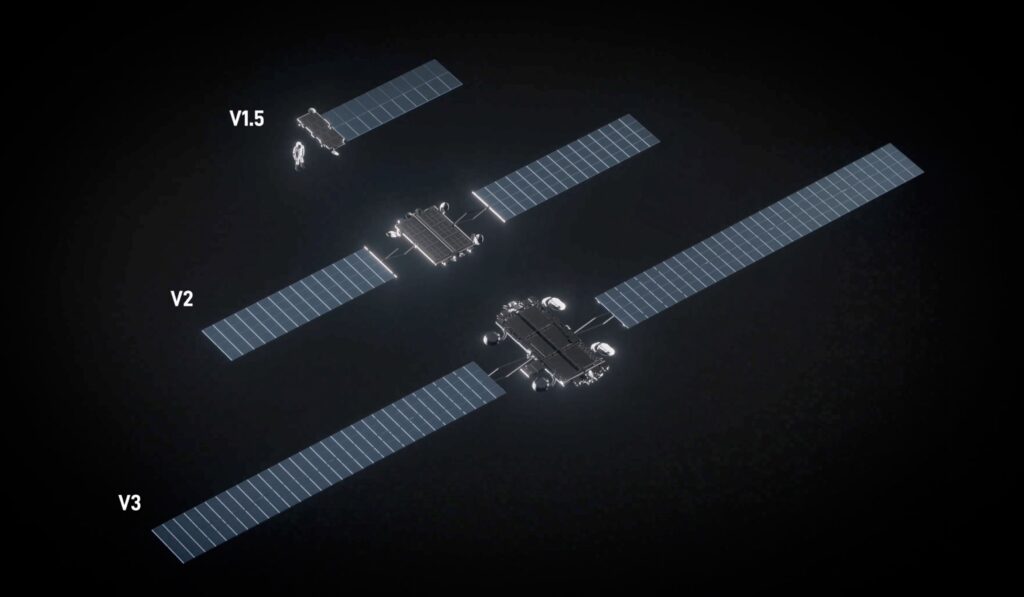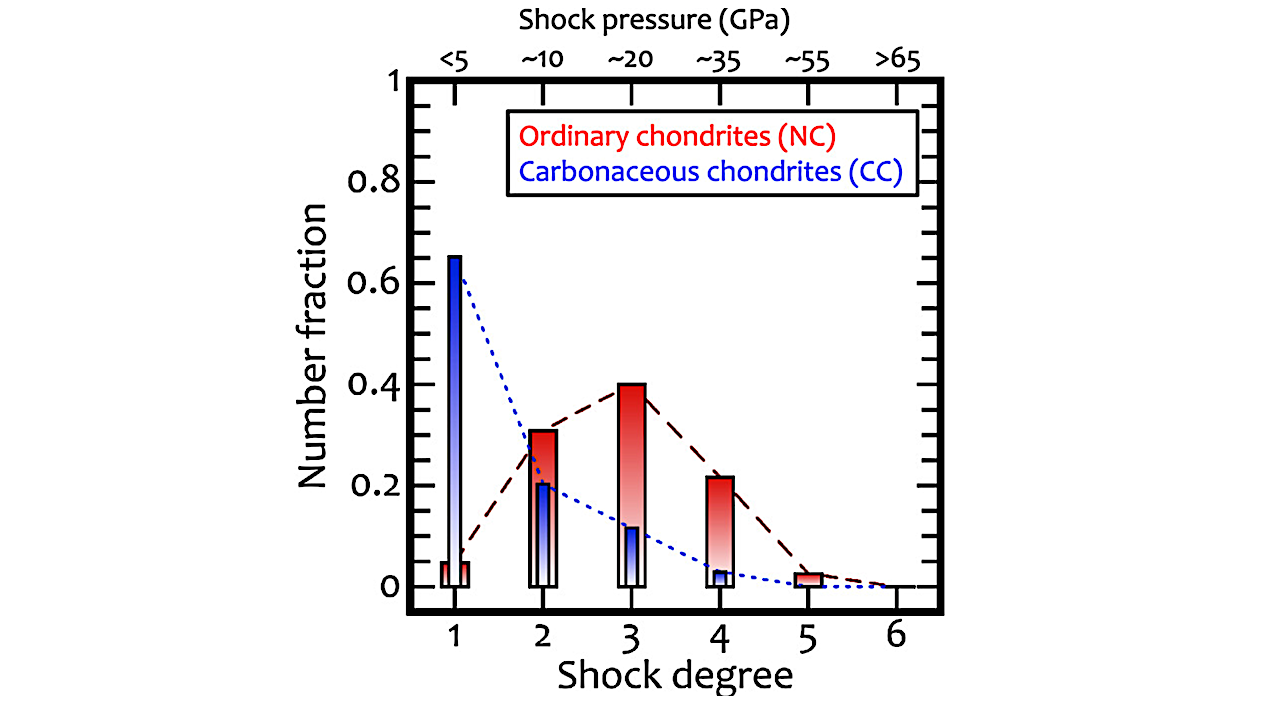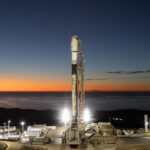Now Reading: Canada awards study contracts for lunar utility rover
-
01
Canada awards study contracts for lunar utility rover
Canada awards study contracts for lunar utility rover

TAMPA, Fla. — The Canadian Space Agency (CSA) awarded initial study contracts July 29 for a lunar utility rover as part of the country’s push to deepen its role in the U.S.-led Artemis program.
Canadian space system specialists Canadensys Aerospace Corporation, MDA Space and Mission Control were awarded contracts worth 14.6 million Canadian dollars ($10.6 million) in total to assess different options for the rover over the next 18 months, exploring capabilities across different sizes and mission scopes.
It is part of a 13-year, 1.2 billion Canadian dollar program Canada announced in 2023 to develop a utility rover for supporting human exploration of the moon.
Led by Canada, with procurement requiring at least 60% domestic content initially and 80% in later phases, the rover is meant as a contribution to Artemis, in exchange for seats for Canadian astronauts on future missions under the U.S. program.
Plans for the rover were announced during a 2023 visit by the Artemis 2 crew to Canada, including Canadian astronaut Jeremy Hansen, who is set to become the first non-American to travel to the moon’s vicinity when the mission launches as soon as 2026.
“Through the design and development of this lunar utility rover, Canada will collaborate with international partners to shape the next era of human exploration of the moon,” Mélanie Joly, Canada’s Minister of Industry and Minister responsible for Canada Economic Development for Quebec Regions, said in a July 29 statement.
“Ultimately, the advancement of the lunar utility rover has the potential to open doors for Canadian businesses to expand and compete internationally and is expected to create and maintain 200 well-paying jobs over the next decade in an industrial sector that is amongst the most innovative and R&D intensive.”
Taking it to the next level
For Mission Control, primarily a space software company, this marks its first time designing a complete rover. Its 4.7 million Canadian dollar contract covers defining the rover’s roles, ranging from astronaut support and cargo transport to construction tasks, and developing the key technologies needed ahead of building a full prototype.
The company specializes in mission operations software, announcing plans last year to demonstrate artificial intelligence tools that would enable autonomous science operations aboard a Spire Global cubesat.
According to founder and CEO Ewan Reid, Mission Control has worked on 36 projects related to the moon over the last decade, with 30 related to rovers.
This includes hardware and software subsystems that have flown to the moon on two rovers, although both landers were unsuccessful at soft landing.
“[T]he focus previously was operations, onboard autonomy and intelligence,” he said via email, including guidance, navigation and control systems, science instruments and onboard computers.
“After doing all this work and building up a portfolio of [intellectual property], relationships and engineering capacity, it made sense to evolve into a full rover provider,” he said.
Mission Control has recently hired several key experts in this area, including Peter Visscher, who has led the development of the majority of rover prototypes procured by the CSA to date.
Designed for a 10-year mission on the lunar surface, the rover would operate with minimal human intervention, making Mission Control’s expertise in onboard artificial intelligence especially valuable.
The company has two more rover missions coming up on the horizon: a joint rover demonstration mission with U.S.-based lunar lander developer Astrobotic, slated for later this year, and another Reid said is still confidential but will likely be made public soon.
While the rover being developed with Astrobotic is the size of a shoe box, the vehicle in the works must support a payload of 3,500 kilograms — “we’re talking a fairly big rover,” Reid said.
Only one of the three companies with CSA study contracts is expected to ultimately build the rover, though Mission Control is advocating for a U.S.-style approach that supports multiple suppliers for major programs.
Stay Informed With the Latest & Most Important News
-
 01From Polymerization-Enabled Folding and Assembly to Chemical Evolution: Key Processes for Emergence of Functional Polymers in the Origin of Life
01From Polymerization-Enabled Folding and Assembly to Chemical Evolution: Key Processes for Emergence of Functional Polymers in the Origin of Life -
 02Two Black Holes Observed Circling Each Other for the First Time
02Two Black Holes Observed Circling Each Other for the First Time -
 03How New NASA, India Earth Satellite NISAR Will See Earth
03How New NASA, India Earth Satellite NISAR Will See Earth -
 04Thermodynamic Constraints On The Citric Acid Cycle And Related Reactions In Ocean World Interiors
04Thermodynamic Constraints On The Citric Acid Cycle And Related Reactions In Ocean World Interiors -
 05Φsat-2 begins science phase for AI Earth images
05Φsat-2 begins science phase for AI Earth images -
 06Hurricane forecasters are losing 3 key satellites ahead of peak storm season − a meteorologist explains why it matters
06Hurricane forecasters are losing 3 key satellites ahead of peak storm season − a meteorologist explains why it matters -
 07Binary star systems are complex astronomical objects − a new AI approach could pin down their properties quickly
07Binary star systems are complex astronomical objects − a new AI approach could pin down their properties quickly




















